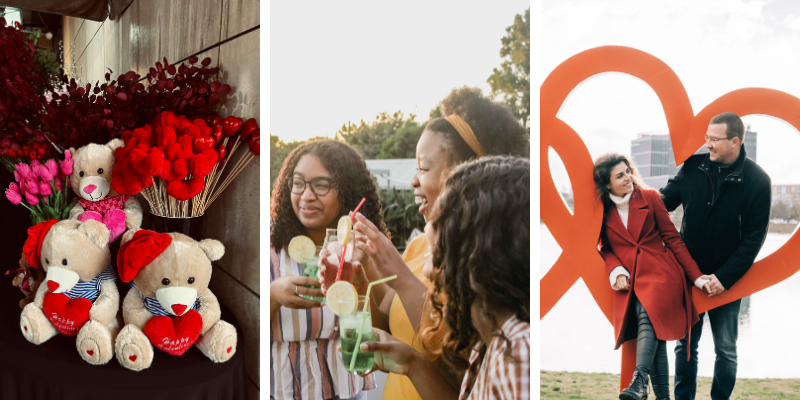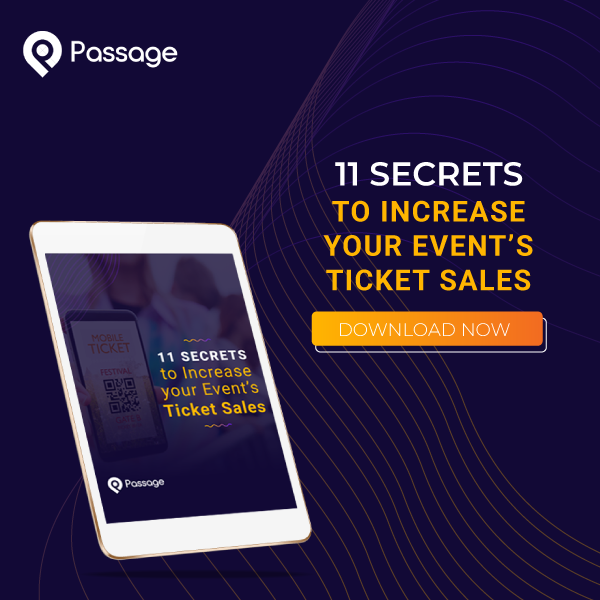If you're an event producer looking to organize a Scottish Highlands Games festival, you're in for a unique and exciting experience. Highland Games are traditional athletic Scottish festivals that originated in the Highlands and have been held for centuries. Today, they are popular around the world and offer a fantastic opportunity to showcase Scottish culture, tradition, and sport.
In this blog post, we'll take a closer look at the key elements involved in planning a successful Highland Games festival. From venue selection to event programming, we'll cover everything you need to know to create an unforgettable experience for your guests.
Step 1: Venue Selection
The first step in planning a Scottish Highland Games festival is selecting the right venue. The venue should be able to accommodate the various athletic events, vendors, and spectators. Ideally, it should also have plenty of space for parking and easy access to parking.
When selecting a venue, you should consider:
- Size: The venue should be large enough to accommodate all of the events, vendors, and spectators.
- Accessibility: The venue should be easily accessible to all guests, including those with disabilities.
- Amenities: The venue should have adequate facilities for restrooms, food vendors, and other amenities. Don’t forget to consider the availability of power and water for vendors.
- Cost: The cost of renting the venue should fit within your budget.
- Location: The location of the venue can affect the overall experience of the festival. Consider the surrounding area and whether it is conducive to a family-friendly event (or whatever audience you’re catering to). You may also want to consider the scenery and the atmosphere of the venue.
Overall, selecting the right venue is crucial to the success of the festival. The venue should provide a safe, accessible, and enjoyable experience for all guests, and have the space to accommodate the planned activities.
Step 2: Event Programming
Once you've selected a venue, it's time to start planning the event programming. Highland Games festivals typically include a variety of athletic events, such as caber tossing, hammer throwing, and tug-of-war. In addition to athletic events, the festival may also include cultural demonstrations, live music, and traditional Scottish food and drink vendors.
Here are some tips for planning the event programming:
- Athletic Events: Work with local athletic clubs to plan and execute the various athletic events. Make sure you have the necessary equipment, such as cabers, hammers, and weights.
- Cultural Demonstrations: Reach out to local Scottish cultural organizations to see if they would be interested in providing demonstrations of Scottish music, dance, or traditional crafts.
- Food and Drink Vendors: Find local vendors who can provide traditional Scottish food and drink, such as haggis, whiskey, and shortbread.
- Additional Activities: Consider adding other activities to the festival to keep guests engaged and entertained. You could offer children's activities, a marketplace for local artisans and craftspeople, or educational seminars on Scottish history and culture.
Overall, the festival programming should be designed to showcase the unique cultural traditions of the Highland Games while providing a fun and engaging experience for guests.
Step 3: Marketing and Promotion
Marketing and promotion are essential to the success of any event and Highland Games festivals are no exception. To attract guests, you'll need to create a marketing plan that includes online and offline marketing channels.
Here are some marketing ideas to consider:
- Social Media: Create a social media presence for your event on platforms like Facebook, Instagram, and Twitter. Use hashtags to reach a wider audience and encourage guests to share their experiences on social media. Consider partnering with influencers or other brands to amplify your reach.
- Email Marketing: Create an email list of potential guests and send regular updates about the event, including announcements about performers, vendors, and activities. Personalize your emails and segment your list to target specific groups of guests.
- Local Advertising: Advertise the event in local newspapers, on local radio stations, or on billboards. You may also consider distributing flyers and posters in local businesses and community centers. You could also partner with local businesses to offer discounts or promotions to your guests
- Paid Advertising: Consider using paid advertising channels like Google Ads or Facebook Ads to reach a wider audience. Target specific demographics and interests to ensure your ads are reaching the right people. Use retargeting ads to remind people who have visited your website or engaged with your social media posts to purchase tickets.
- Event Partnerships: Partner with other events or organizations to cross-promote your event. Consider offering a discount or special promotion to guests of partner events. You may also want to consider partnering with local hotels or transportation providers to offer discounts to guests.
- Measure Success: It's important to measure the success of your marketing efforts. Use tools like Google Analytics or Facebook Insights to track website traffic and social media engagement. Survey guests after the event to gather feedback and identify areas for improvement.
If you’re looking for a quick and easy way to spread the word about your event, read our recent blog post introducing Passage’s new Promote Your Event feature.
Overall, a successful marketing and promotion plan is crucial to the success of the festival. By using a variety of marketing channels and measuring your success, you can attract a large audience and ensure that guests have a memorable experience.
Step 4: Ticket Sales and Registration
Ticket sales and registration are also crucial to the success of any event. To make the ticket purchasing process as smooth as possible, consider using an online event ticketing platform.
Here are some benefits of using an online ticketing platform:
- Convenience: Guests can purchase tickets and register for the event online, which is more convenient than having to do so in person.
- Real-Time Reporting: You can track ticket sales and registration in real-time, which can help you make better decisions about event planning and marketing.
- Payment Processing: Online ticketing platforms allow you to process payments securely and quickly.
- Enhanced security: Online ticketing platforms offer secure payment processing and fraud prevention measures, protecting both event organizers and guests.
- Customizable options: Online ticketing platforms offer a range of customizable options, such as seating charts and ticket types, to suit the needs of different types of events.
- Customer Support: Online ticketing platforms typically offer customer support to help you with any issues or questions you may have. This can save you time and effort compared to handling everything yourself.
If you haven’t set up online ticketing for your event, it’s never too late to sign up. At Passage, we work hard to create features and a platform designed to help you reach more fans and sell more tickets. With AI integrations to make the setup easier for you, all the features your guests are looking for, and world class support, it’s an easy yes.
Sign up now to see just how simple our event setup is and what we offer that other platforms don’t.
Step 5: Logistics and Operations
The final step in planning a Scottish Highland Games festival is logistics and operations. This includes everything from setting up the venue to managing the event on the day.
Here are some tips for managing logistics and operations:
- Volunteer Management: Recruit and train volunteers to help with various tasks, such as event setup, ticketing, and crowd control.
- Event Setup: Plan and execute the event setup, including tents, stages, and equipment.
- Safety and Security: Ensure that the event is safe and secure for all guests by having first aid stations available or hiring security personnel if necessary.
- Crowd Management: Develop a plan to manage the crowd, including entrances and exits, traffic flow, and parking.
- Weather Contingency Plan: Have a plan in place in case of inclement weather, such as rain or extreme heat. This may involve having tents or canopies available for shelter or providing water stations for hydration.
By following these steps, you can plan and execute a successful Scottish Highland Games festival that showcases Scottish culture and tradition while providing a unique and exciting experience for your guests.
Let the Games Begin!
Organizing a Scottish Highland Games festival can be a challenging but rewarding experience. By selecting the right venue, planning the event programming, and marketing and promoting the event, you can attract guests. By using an online ticketing platform and managing logistics and operations, you can create an unforgettable experience for those guests.
Whether you're an experienced event producer or new to the game, a Scottish Highland Games festival is a fantastic way to showcase Scottish culture and tradition while providing a fun and exciting event for your community.









